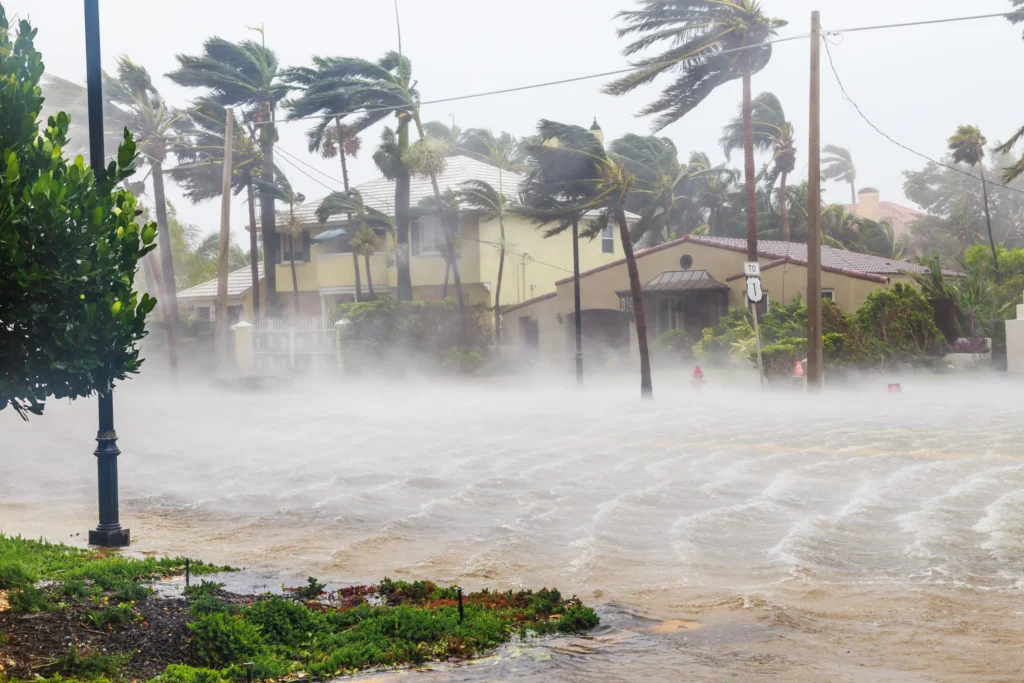With the rising prevalence of global warming, the number of natural disasters that are occuring is increasing every year. Every year, this country faces hurricanes, tornadoes, and tsunamis that severely disrupt the dozens if not hundreds of communities throughout multiple states. This is thousands or even millions of people who end up going without power and can be trapped or isolated for large periods of time.
Among these individuals are some people who require extra medical attention on a regular basis. By being hit with a natural disaster, these individuals can have their lives put in jeopardy even more so than the average person. If they become trapped, then there is no way for them to get to a medical center to receive the treatment they need. Even if they do somehow manage to make it to a nearby center, the loss of power would render those facilities nearly useless as almost all of their machines and technology would not be working.
For someone who suffers from kidney issues, this can be especially challenging. Smaller medical problems might be able to be temporarily dealt with at the person’s home with minimal supplies and planning, but more serious issues will just get worse the longer they go untreated. When the medical issue that someone suffers from requires dialysis in the Las Vegas area and they find themselves in a state of emergency, then it could have grave consequences.
Sure, you can survive without meeting your dialysis needs, but only for a short period of time. There is no definitive timeline for exactly how long you would be able to survive without treatment as it varies based on your lifestyle choices and amount of remaining kidney functionality. You could last up to a few weeks or it could be as little as one week before you succumb to your kidney disease. That is why it is important to plan ahead and have some supplies at home in case you find yourself stuck in the middle of natural disaster.
If you can manage to get a hold of a home dialysis machine in good working condition, then that would be the ideal option. Simply buy a backup generator along with it and you should be able to do manual dialysis treatments until your area has been sufficiently restored that you can continue receiving your treatments at your normal medical center.
However, if this is not plausible for you, then having a proper emergency kit should suffice. Be sure to include contact information for your doctor, normal medical center, and another nearby medical center in the emergency kit. You should also have a list of your medications and enough of each of them to last you at least three days.


